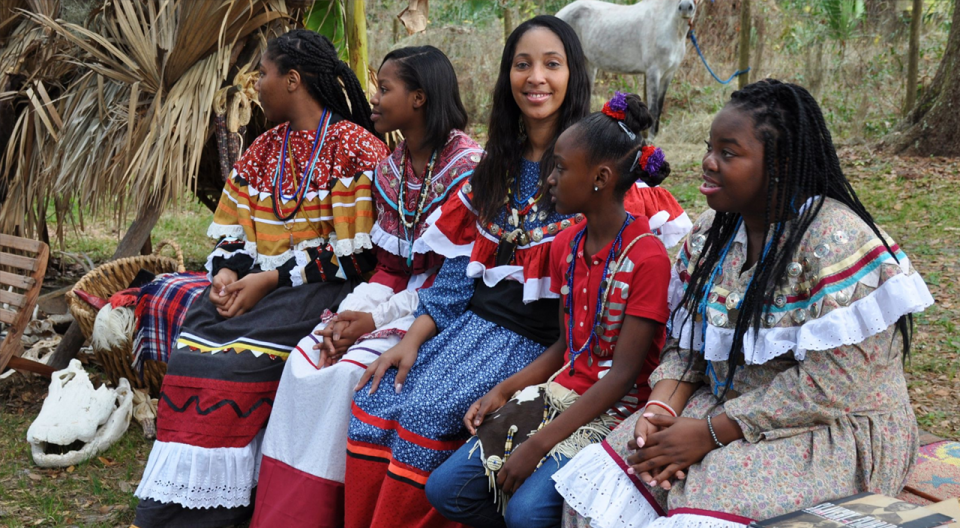The Black Seminoles, also known as the Afro-Seminoles, are descendants of free and escaped African slaves who joined forces with the Seminole Native American tribe in Florida during the 18th and 19th centuries. This unique alliance resulted in the formation of a distinct community with its own culture, traditions, and identity. The history of the Black Seminoles dates back to the early 1700s when Spanish colonists in Florida began to offer freedom to enslaved Africans who escaped from British colonies and sought refuge in Spanish-controlled territory. Many of these freed individuals found sanctuary among the Seminole people, who themselves were resisting European colonization and seeking to maintain their autonomy.
Over time, the Black Seminoles became integral members of the Seminole community, adopting their language, customs, and way of life. They played a significant role in the Seminole Wars, fighting alongside their Native American allies against the encroachment of the United States government. Their military prowess and strategic knowledge of the Florida terrain made them valuable assets to the Seminole resistance. Following the conclusion of the Seminole Wars, many Black Seminoles were forcibly removed from Florida and relocated to Indian Territory (present-day Oklahoma) as part of the Indian Removal Act of 1830. Despite facing significant challenges and hardships during this forced migration, the Black Seminoles managed to preserve their cultural heritage and continued to maintain their distinct identity within the larger Seminole Nation.












In addition to their military contributions, the Black Seminoles also made significant economic and social contributions to their communities. They were skilled farmers, hunters, and craftsmen, and they played a vital role in sustaining the Seminole economy. Their knowledge of herbal medicine and traditional healing practices also made them valued members of the community. The Black Seminoles’ unique heritage and identity have continued to influence their descendants to this day. Despite the challenges of assimilation and acculturation, many Black Seminoles have worked tirelessly to preserve their cultural traditions and pass them down to future generations. Today, there are Black Seminole communities in Oklahoma, Texas, and Mexico, where they continue to celebrate their heritage through music, dance, storytelling, and other cultural practices.
In recent years, efforts have been made to recognize and honor the contributions of the Black Seminoles to American history. Their story serves as a testament to resilience, unity, and the enduring legacy of cultural exchange and cooperation between diverse communities. It is a reminder of the rich tapestry of American history and the importance of acknowledging the often-overlooked contributions of marginalized groups.
The legacy of the Black Seminoles is a testament to the power of resilience, cultural preservation, and the enduring spirit of community. Their story serves as a reminder of the complex and intertwined histories of African Americans and Native Americans in the United States, and their enduring legacy continues to inspire future generations to embrace their heritage and celebrate their unique cultural identity.

